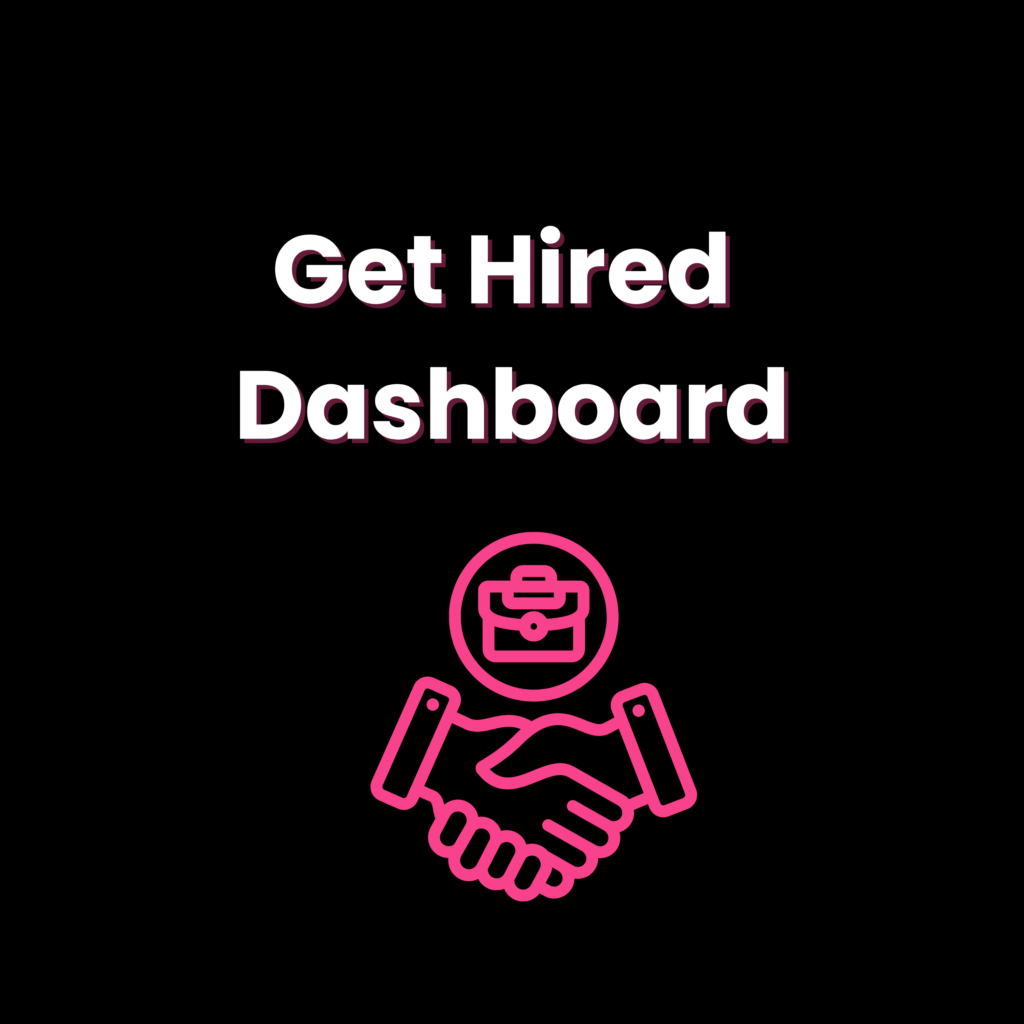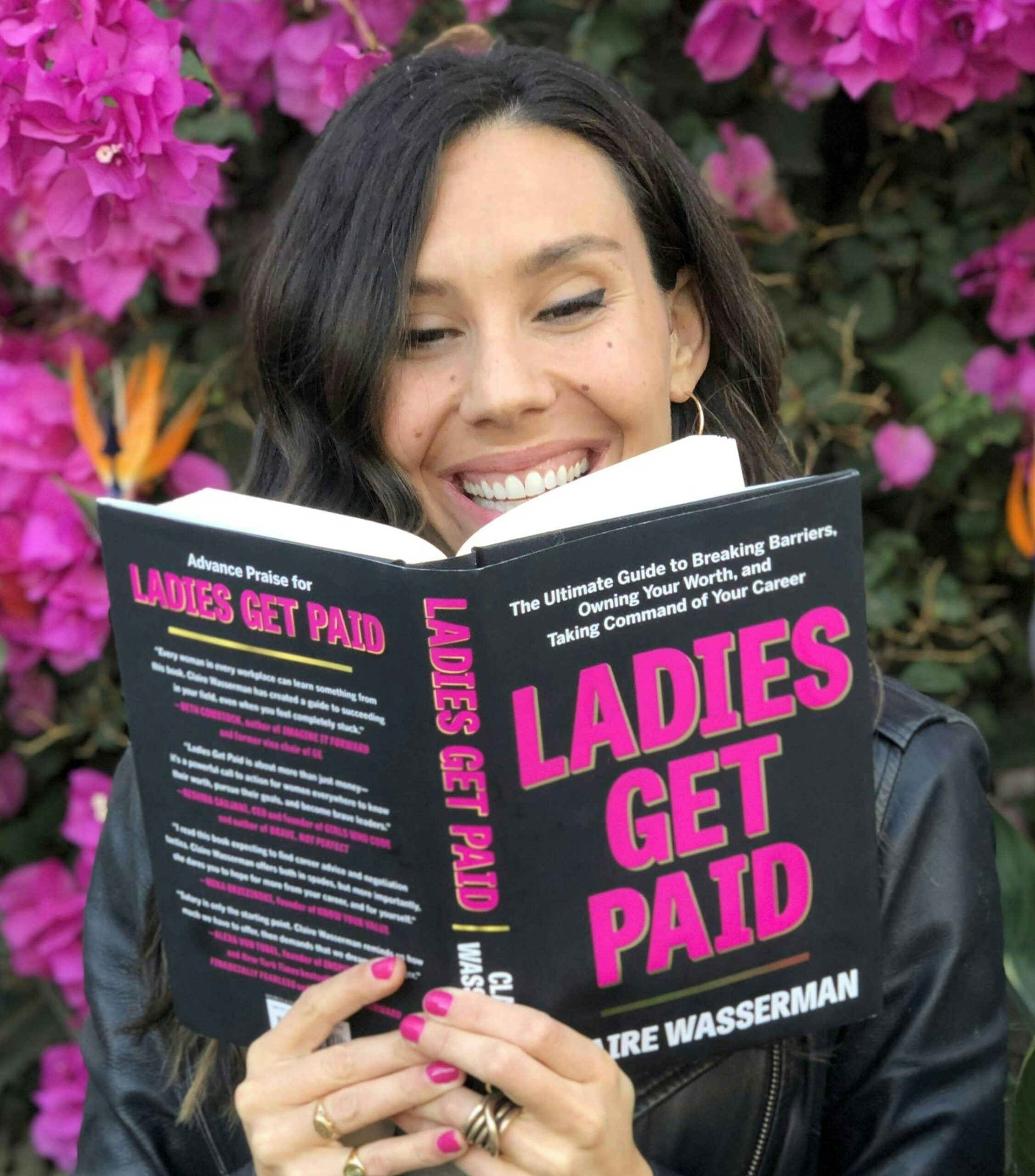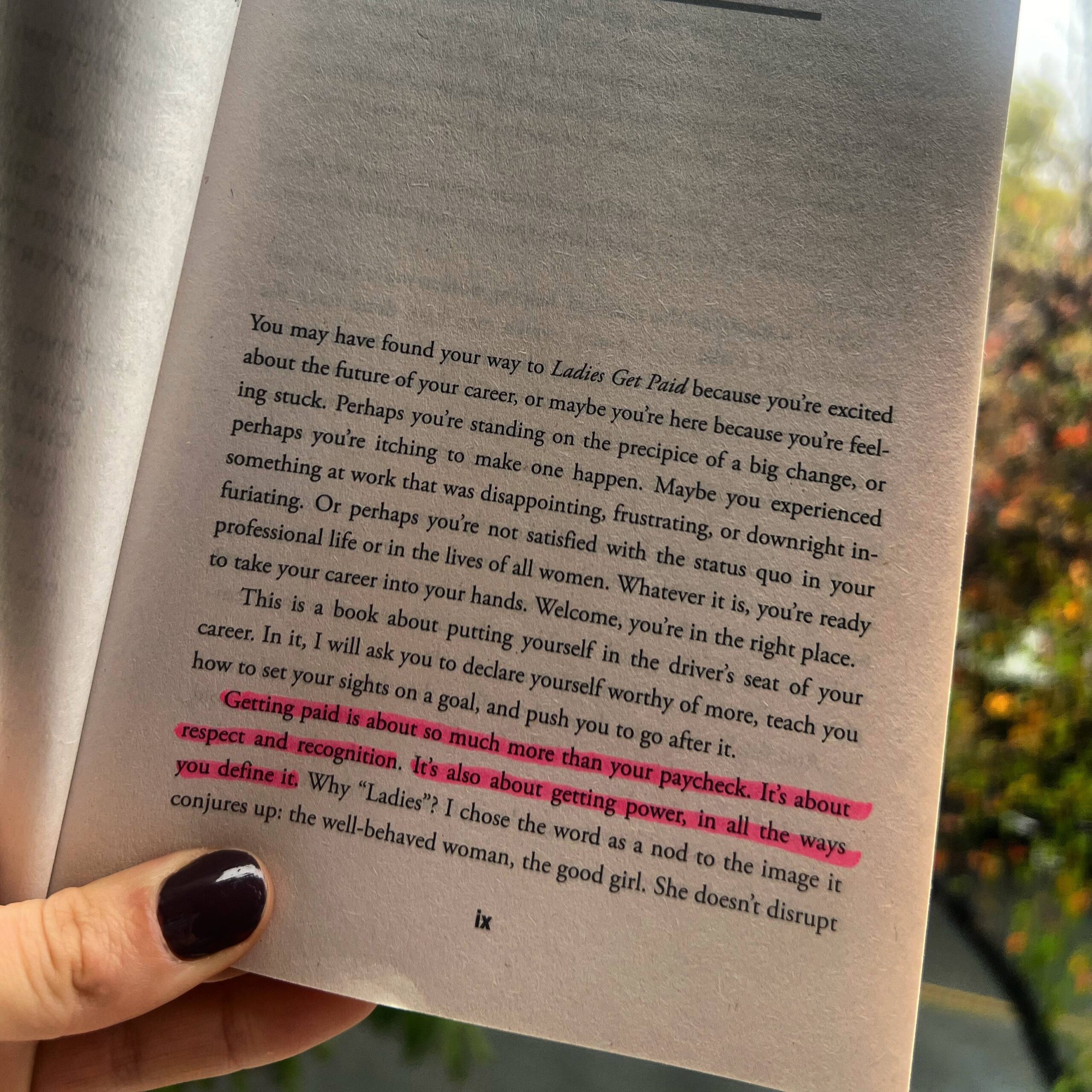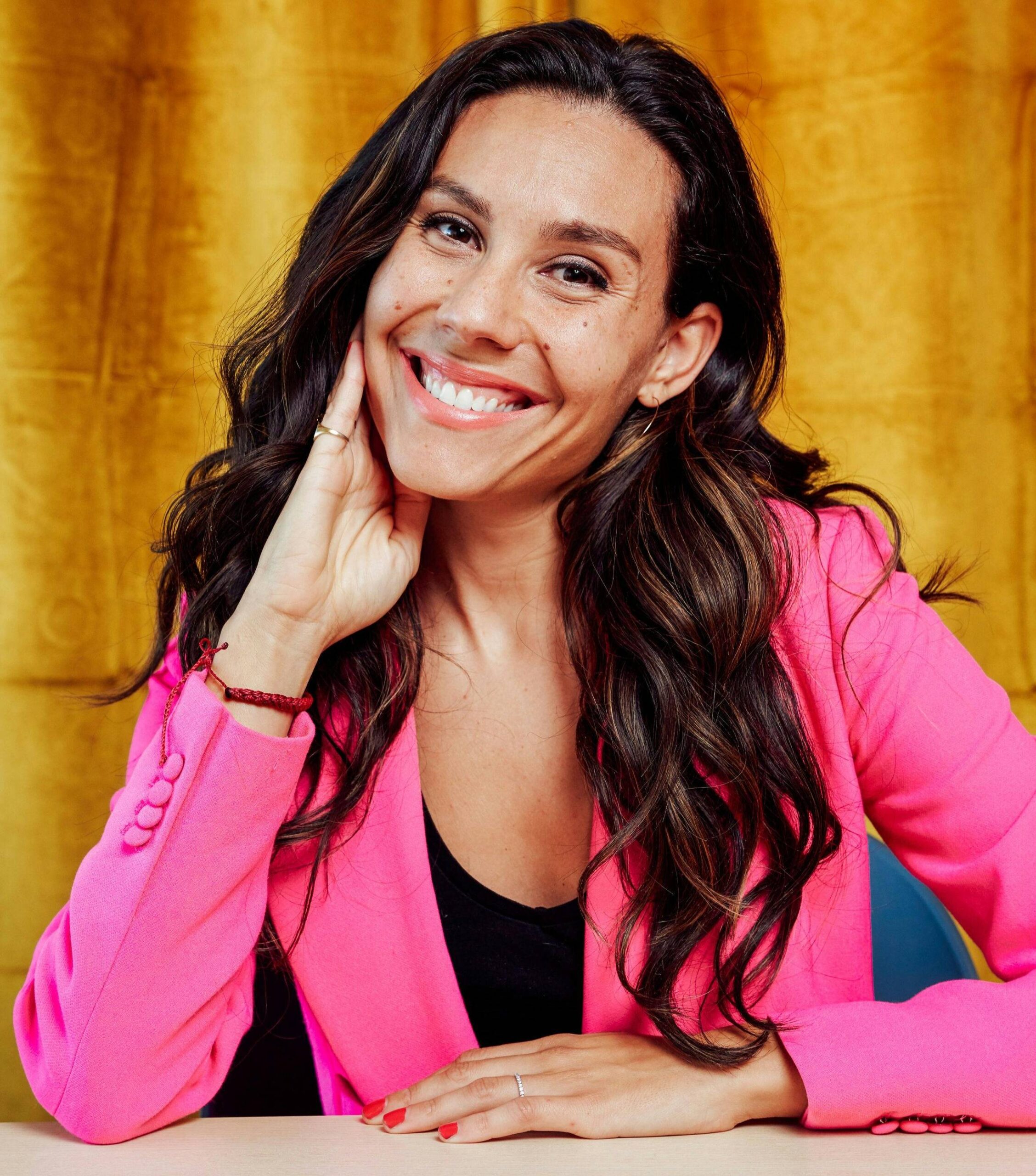The Case for Being Vulnerable
An excerpt from last week’s edition of Really Good Work Advice,
a digestible deep dive into what makes a good work-life.
Last week, I sent an email to 60 VIPS in my network, admitting turbulence in my business and asking for help (in exchange for a 10% commission on any clients signed.)
I was nervous to send it and was careful to frame it as a way for us all to help each other, rather than a pity party for myself.
I was somewhat surprised by the response:
“Refreshing”, “Bold courage”, “I love this email!” Or this, from fellow coach, Lisa:
Vulnerability. Showing up messy. It struck me that what is so unusual to others, is so natural to me.
It wasn’t always like that.
I used to wear so much foundation on my face, a friend staged a “makeup intervention.”
I used to be so scared of my own desires, I didn’t come out until I was 30 (and married a man in between.)
I was so scared of emotional intimacy, I didn’t have one single close friend.
Always the leader of groups, I was more comfortable playing the part of “host” rather than myself. Probably because I didn’t know myself.
Or I did and just didn’t think I was worthy.
But starting Ladies Get Paid changed everything. It changed how I saw vulnerability – and myself. I organized town halls for women to share what they were going through at work, and I saw how they lit up, nodded, clapped, snapped, and sighed in recognition…
And the email I received after every time without fail:
“I thought I was the only one”
Vulnerability was the through-line and it was connected to a higher purpose; it gave permission to someone else that it was okay to be honest in their struggle.
Honest in their humanness.
It also provided a sense of relief. A collective sigh, like taking off a too-tight bra at the end of the day. Or the shedding of whatever mask we wear to fit into whatever masquerade we’re dancing through; a corporate culture, or in my case, a marriage.
We wear the mask because we believe it to be protection, our armor.
Protection from what? Rejection from others, but also rejection from ourselves.
The stakes of this gamble couldn’t be higher: if we are authentically ourselves and it doesn’t work out, WE don’t work out.
In turn, this requires a contortionism of Cirque de Soleil proportions, and it takes a whole lot of energy. No wonder you’re exhausted. You react harshly, rage bubbling “out of nowhere.”
That used to be me. Sometimes, it still is.
But as I’ve become more comfortable with the discomfort of being vulnerable, I find it useful. It’s the signal that I’ve been avoiding being honest with myself, or not honoring the honesty of my body like physical exhaustion or a rumbling stomach.
Anyone who has experienced chronic illness or pregnancy knows: the body doesn’t lie. And it’s humbling AF.
When you start being vulnerable in one part of your life, you crave it. Self-expression becomes oxygen, natural, and necessary.
A real turning point came when I realized that everything in my life that was “working” (ie my relationship with Ashley, people signing up for Ladies Get Paid), was all rooted in honesty. Emotional honesty. Vulnerability.
Take LGP’s original tagline “Fuck the wage gap” for example. I was pissed and so were other women. Showing a “taboo” emotion (anger), was a lighthouse. A place of safety for others to flock to.
However, I know that kissing women and cursing in public is not the right vulnerability for everyone – nor should it be.
It is up to each of us to determine what vulnerability means to us. What it feels like, looks like; its impact. It also needs to be titrated carefully. You may experience what I call a vulnerability hangover.
You share a part of yourself, you put yourself out there and…judgment. Or worse, crickets. Did you overshare? Did you share with the wrong people? At the wrong time?
Women often fear burdening others and so we burden ourselves instead. (Hence, the anger.)
In my experience as a coach and a certified overthinker, I identified two ways to start expanding your capacity to carry the discomfort of being vulnerable.






